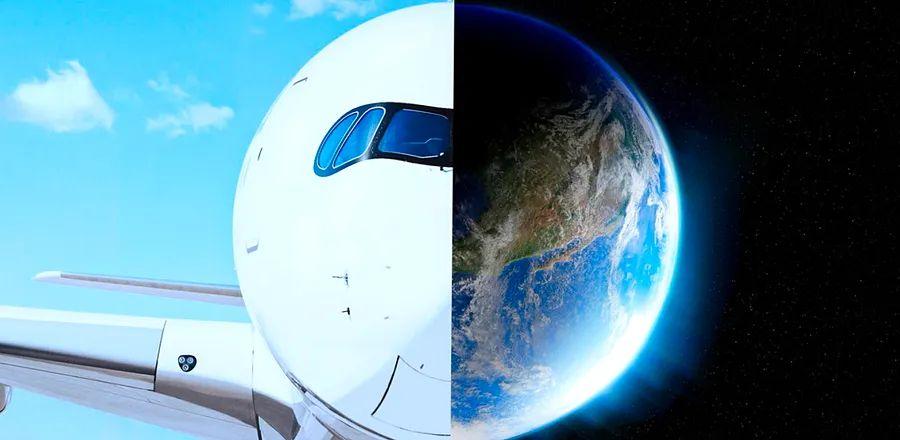How the Lufthansa Group is Pioneering Sustainable Air Travel

Air travel contributes nearly three percent to global carbon dioxide emissions, and one airline that is leading the charge in environmental responsibility is the Lufthansa Group. As a key player in the industry, Lufthansa is committed to achieving carbon neutrality by 2050 and aims to reduce its net carbon emissions by 50% by 2030. Here’s how they’re turning this vision into reality.
A contemporary and efficient fleet

Achieving true sustainability in aviation requires much more than just carbon offsets. One of the most effective ways to cut carbon emissions is by operating more modern and fuel-efficient aircraft. By 2030, Lufthansa aims to add at least 190 sustainable aircraft to its fleet, which could lower fuel consumption and CO₂ emissions by up to 30 percent compared to older models. Enhancements to the existing fleet include installing fuel-saving technology like AeroSHARK, a thin bionic film that improves airflow, thereby reducing fuel use and emissions, as well as minimizing noise pollution.
Eco-friendly aviation fuel

Shutterstock
For years, Lufthansa has been a major buyer of Sustainable Aviation Fuel (SAF), which encompasses all aviation fuels made from sustainable sources instead of fossil fuels. The airline is also heavily invested in various projects to develop methods that can produce this sustainable fuel on a large scale. For instance, Lufthansa is a partner and pilot customer of one of the world’s first Power-to-Liquid crude oil production plants, utilizing renewable electricity, water, and CO₂ captured from the air. Additionally, Lufthansa Group and SWISS have formed a strategic partnership with ETH Zurich spinoff Synhelion to commercialize solar aviation fuel, with plans to be the first customer for solar kerosene soon.

Minimizing in-flight waste and plastic usage
Lufthansa is committed to enhancing the in-flight experience sustainably by eliminating single-use plastics and creating eco-friendly designs for its onboard products. A significant portion of the fresh items offered through their Onboard Delights program is packaged in PaperWise material, made from agricultural waste and produced using 100% renewable energy. The airline received a German Design Award 2022 for “Excellent Communications Design – Packaging” for its innovative food packaging. Lufthansa Group aims to eliminate or substitute single-use plastic items onboard with sustainable options.
Directly offset CO₂ emissions
From the moment you book your flight, you can make a positive impact on climate protection. In 2019, the Lufthansa Innovation Hub introduced the digital compensation platform, Compensaid, which allows passengers to monitor and offset their individual carbon footprints through the use of Sustainable Aviation Fuel (SAF), investing in climate protection initiatives by the non-profit organization myclimate, or a combination of both. Lufthansa Group has made it simple to opt for carbon-neutral flying by integrating this option directly into the booking process.

Dedication to climate research and environmental stewardship
Since 1994, Lufthansa Group has actively contributed to climate research. Beyond transporting passengers, Lufthansa aircraft also support climate studies by analyzing the composition of the middle atmosphere and aiding in climate predictions. The airline group operates a central environmental database to gather and process environmental data, which informs business decisions.
The Lufthansa Group is consistently enhancing its environmental initiatives to meet its ambitious climate goals, making it easier for you to have an eco-friendly flight experience. By selecting Lufthansa Group’s carbon-neutral options, you can travel more responsibly.

1

2

3

4

5
Evaluation :
5/5